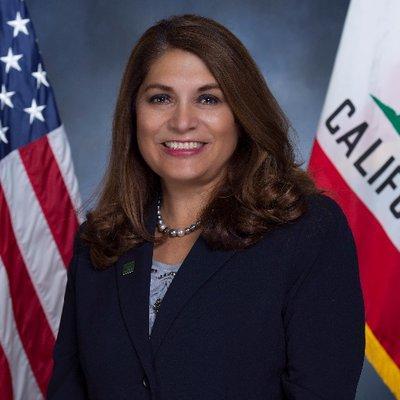
Protecting Workers’ Rights and Patient Care
Worker protections and patient care ultimately go hand-in-hand. Our members work tirelessly to deliver high quality services despite the many obstacles presented in their respective lines of work. This year, AFSCME highlighted the extraordinary challenges that our family child care providers face everyday while providing necessary care that many working families would struggle without. AFSCME members in this profession faced a serious lack of worker protections which compromised their ability to enjoy dignity on the job. Thanks to the efforts of Assemblymember Sharon Quirk-Silva, commonsense worker protection policies were heard in the California State Legislature to help our members receive the basic rights and protections they deserve.
Family child care providers contract with Alternative Payment programs (APPs), which are administered by the State Department of Education and distribute vouchers to eligible low-income families and reimburse family child care providers for their services. Family child care providers report often experiencing late payments from APPs for the services they provide. As a result, providers can face serious difficulty paying their own bills in a timely manner, in addition to lowered credit scores, threats of eviction, and repossession or foreclosure of property. The only way for providers to learn of changes to their clients’ child care subsidies is when they fail to receive a paycheck altogether. This places providers’ livelihoods constantly at risk as it can result in thousands of dollars in lost wages. Some providers must limit or completely refrain from caring for children receiving subsidies to avoid receiving late payments, in which case, the burden of retaining quality child care falls on the families who need these services the most.
AB 603 makes three big changes to the Alternative Payment (AP) programs that family childcare providers rely on. This bill:
Gives all providers direct deposit, making payments available sooner and trips to the bank unnecessary
Requires APs to notify providers in writing if a child in their care loses eligibility or hours, preventing problems with missed payments and unpaid care
Require APs to describe on checks what is being paid for, making record-keeping easier and eliminating guess work
Though AB 603 institutes common sense, logical updates to the AP payment system, it would never have passed without the efforts of our members, many of whom testified at the legislature about the challenges of navigating the AP system as a family child care provider. AB 603 passed the state legislature and was signed into law on October 12, 2017. This bill saves time and money for family child care providers, allowing them to focus on creating the best early childhood education experience possible for the children in our care.

